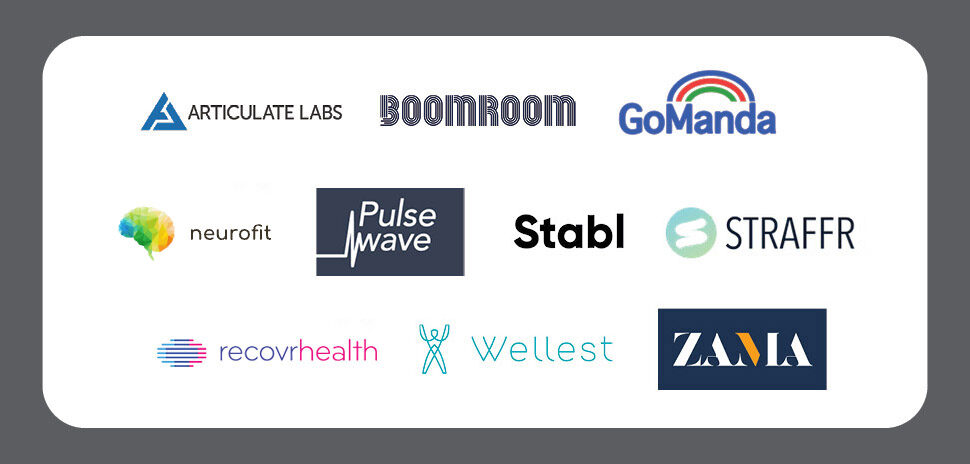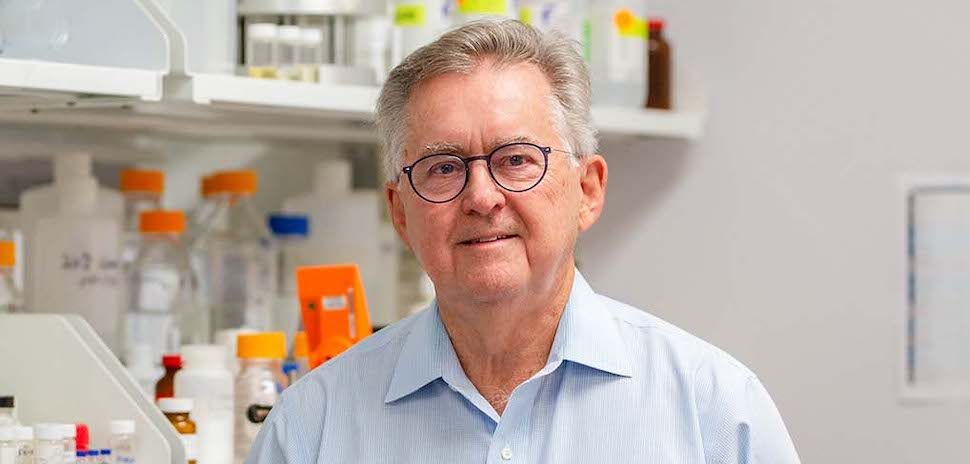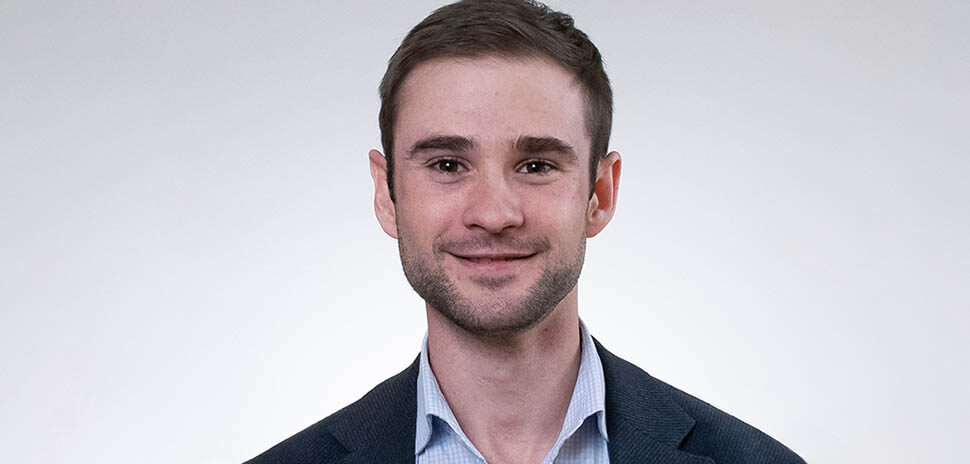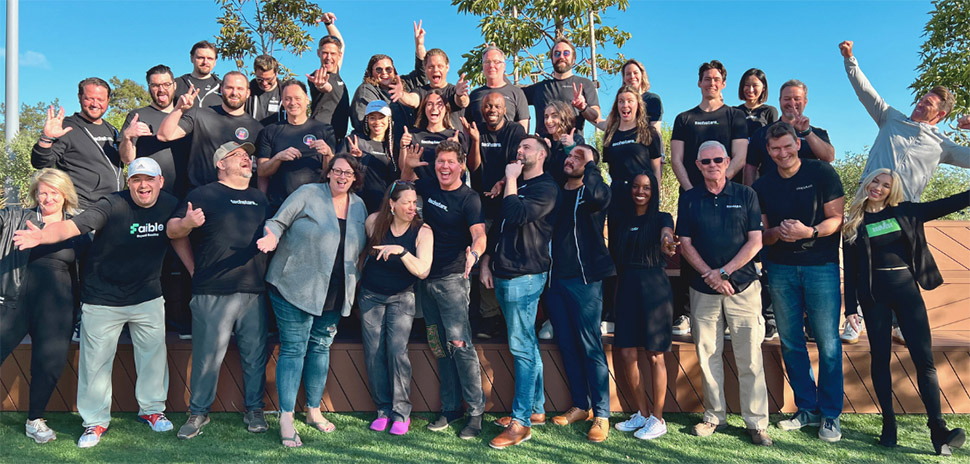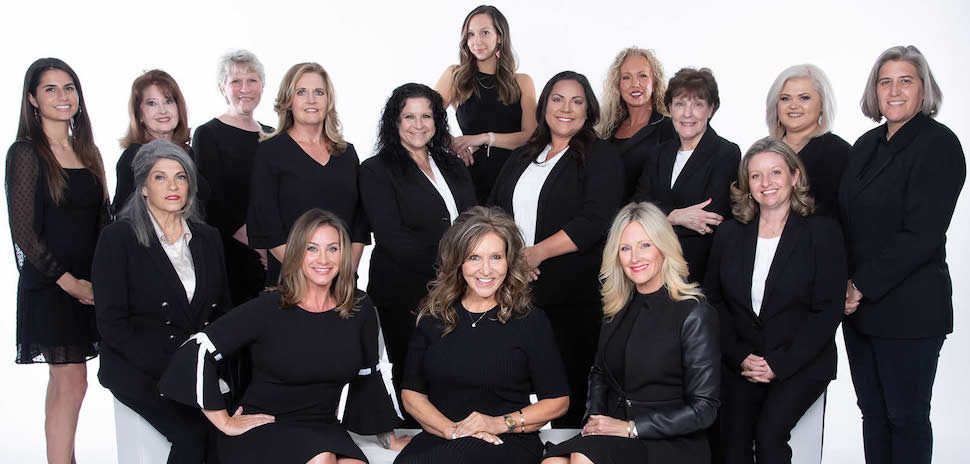The University of North Texas Health Science Center at Fort Worth has launched a first-of-its-kind free lifestyle medicine for teens microcredential for high school students that was developed to encourage students to create science-backed healthy habits at a young age.
“Lifestyle medicine is crucial as the majority of health care spending in the U.S. is attributed to treating conditions caused by unhealthy lifestyle choices,” Dr. Teresa Wagner, an HSC assistant professor in the Department of Personalized Health and Well-Being and interim director of SaferCare Texas, HSC’s patient safety-focused department, said in a statement. “These conditions include heart disease, high blood pressure, obesity, Type 2 diabetes, stroke and certain types of cancer, all of which can be prevented with lifestyle medicine.”
The HSC said that in the 20-hour, self-paced course, students learn about the core concepts of lifestyle medicine: a whole-food, plant-based diet; regular physical activity; restorative sleep; stress management; avoidance of risky substances; and positive social connection to achieve optimal health and prevent chronic disease.
The HSC said this approach can prevent these diseases from occurring by focusing on building healthy habits. Lifestyle medicine can operate at all three levels of public health intervention — preventing, treating, and even reversing these conditions, the HSC said.
It all started with a high school student’s project
The center said that the microcredential’s creation is the result of a unique collaboration between Wagner; Aravind Venkatachalam, who recently graduated from high school, and Dr. Beth Frates, president of the American College of Lifestyle Medicine.
They began working together in fall 2020, when Venkatachalam was a high school sophomore in Frisco, HSC said. Venkatachalam created an online program to educate fellow teenagers on healthy lifestyle choices as part of a state health competition.
He reached out to Wagner for advice on how to formalize the approach, and she posed the idea of creating a microcredential.
“Microcredentials are highly accessible to students of varying backgrounds and locations,” Wagner said. “And there is the added benefit of providing a substantive certificate to document their efforts as they apply for college.”
Wagner said that addressing health equity is a big part of the course.
“Lifestyle medicine education cannot just be available to more privileged students, Wagner said. “It must also be available to students from under-resourced communities where health disparities are common.”
Frates’ framework for the course
HSC said the while researching for course materials, Venkatachalam came across the “Teen Lifestyle Medicine Handbook: The Power of Healthy Living” written by Frates. Wagner contacted Frates for permission to use the book’s content in the microcredential coursework, and she enthusiastically agreed, HSC said.
“Dr. Frates agreeing to help and sharing her handbook was a huge breakthrough,” Venkatachalam said. “That’s what I used, from top to bottom, to build the microcredential course because the information was so well researched and presented.”
According to the HSC, to qualify to take the microcredential, a student should be enrolled in a high school — public, private or home-based — and must have attended school for at least 90% of the time during the fall or spring semester before the application date.
Also, the student should have a good academic record, show an interest in lifestyle health, and be willing and dedicated to participating in all training activities, the center said.
![]()
Get on the list.
Dallas Innovates, every day.
Sign up to keep your eye on what’s new and next in Dallas-Fort Worth, every day.












